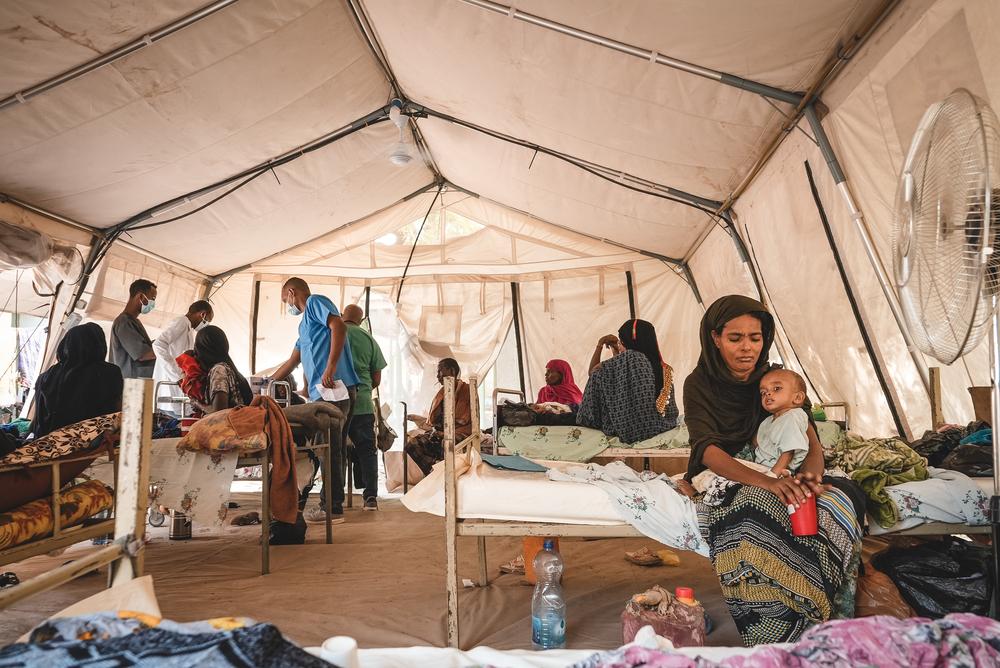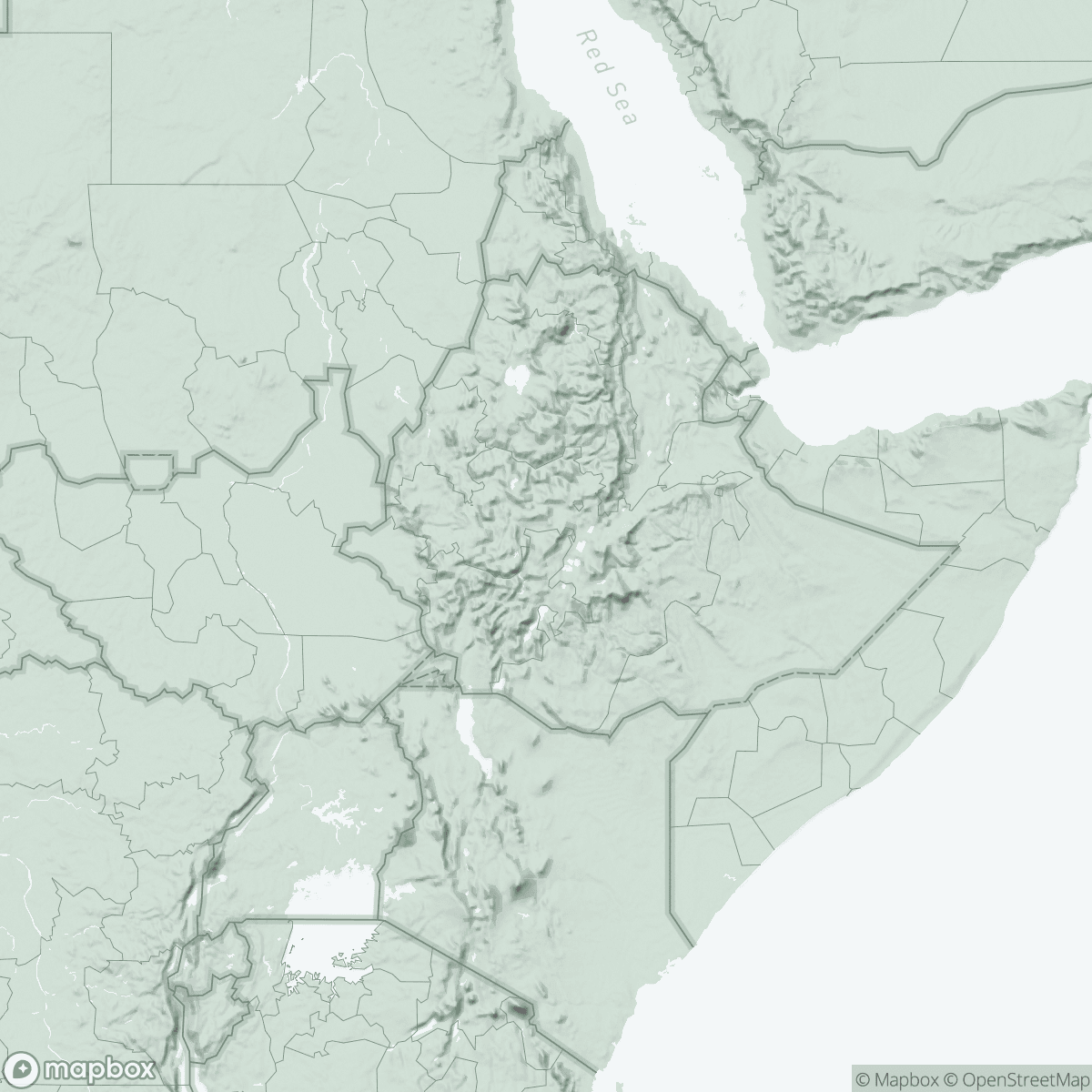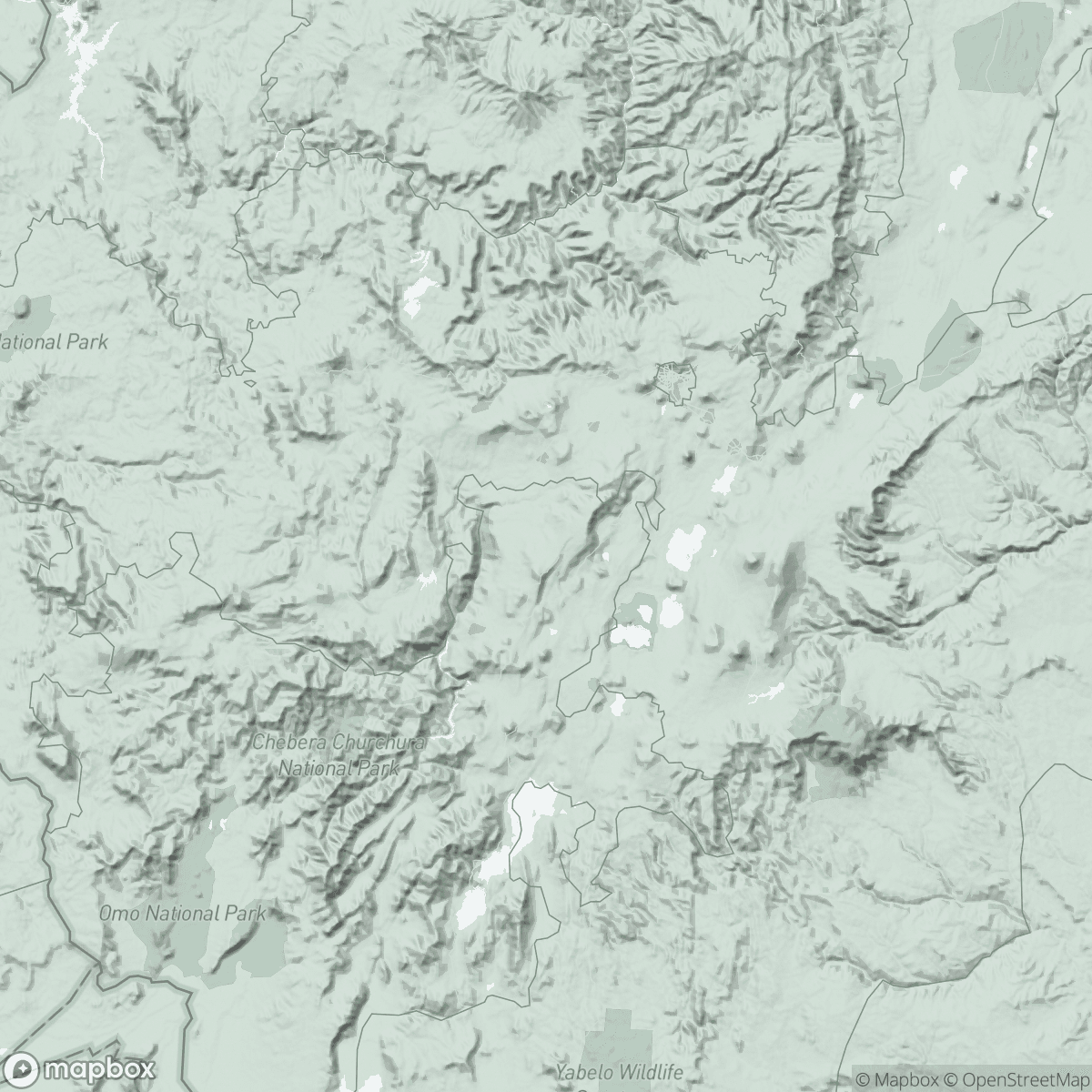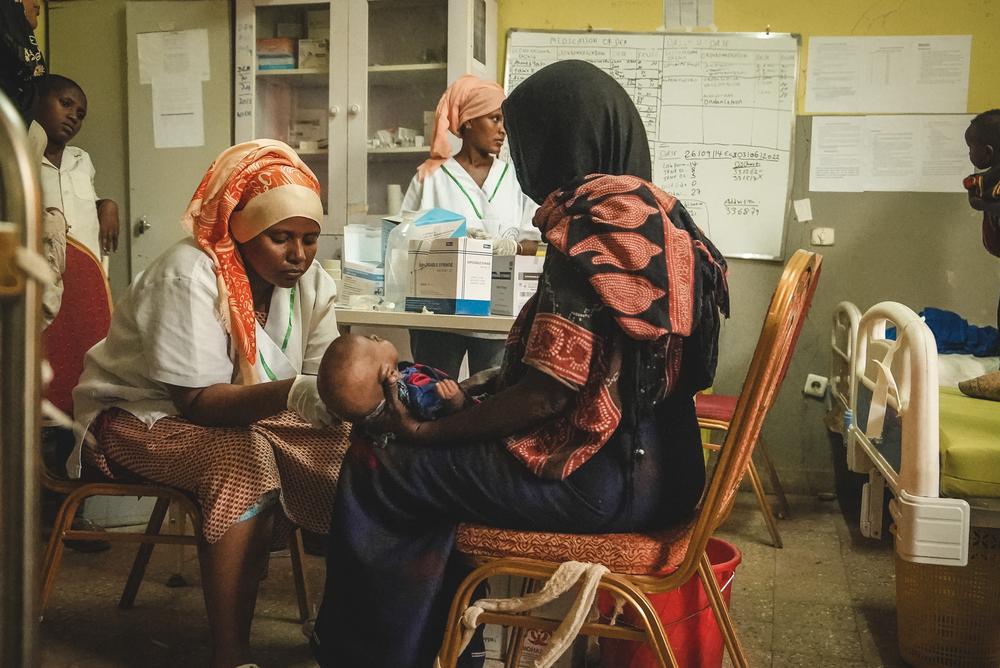
MSF Raises Alert over Alarming Indications of Large-Scale Nutritional Crisis in Afar Region
In 1 click, help us spread this information :
“What scares us most at this point is that we are only beginning to see the very tip of the iceberg, and already it is overwhelming,” said Raphael Veicht, MSF Emergency Coordinator in Addis Ababa, Ethiopia. “In Dupti Hospital, which is the only functional referral hospital in all of Afar Region, we are seeing children arrive after incredibly long and difficult journeys.
Far too many are dying within 48 hours because they are too sick and too malnourished to have a fighting chance at survival.”
Since April, MSF has been increasing its support to Dupti Hospital, which serves a population of more than 1.1 million people including hundreds of thousands of displaced people. This year, the number of severely malnourished children admitted to the facility has already exceeded the previous year’s baseline by a factor of three to four. Patient mortality rates are staggeringly high, exceeding twenty percent in some weeks.
Thirty-five children have died in the last eight weeks alone and more than two thirds of those patients died within 48 hours of admission.
“Clearly, many people in Afar cannot access the very minimum levels of healthcare, food and water necessary to sustain human life due to a combination of recent conflict, displacement, lack of access to healthcare, food and water scarcity, combined with an insufficient humanitarian response,” said Veicht. “
To even begin to get control of this, a major scale of humanitarian assistance is urgently needed for displaced people and vulnerable host communities, with food security, primary healthcare, nutrition and water as key points of focus.”
In two days alone, we saw 41 children admitted to the paediatric ward with severe stomach infections because people are forced to drink from muddy puddles,” said Veicht.
MSF has recently agreed with the Ethiopian Ministry of Health to increase the hospital’s paediatric, in-patient feeding and emergency department capacity, including with the rapid construction of new buildings and to support sanitation and the establishment of a reliable water source. In parallel, MSF plans to open five out-patient feeding programs in the most critically needed areas, but far more is needed to stave off a looming crisis.
Hundreds of thousands of people are struggling to survive not only in Afar but also other parts of Ethiopia. In Wardher, Somali region, rains have finally started, but people are still experiencing compounded challenges of food and water insecurity linked to an extended period of drought.
In order to avoid further excess morbidity and mortality as a consequence of the ongoing nutritional crisis in Afar and other parts of Ethiopia, the humanitarian community must act with urgency.


